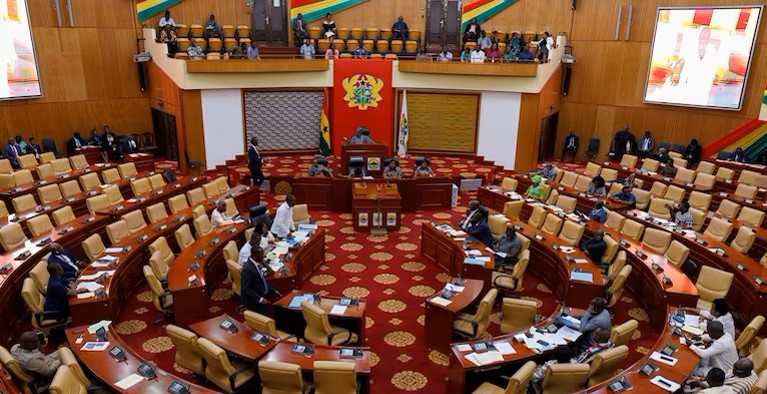(3 Minutes Read)
While a section supports vehemently the bill, the treasury department seems to be against it, knowing very well the backlash the legislation can bring in as sanctions
The anti-LGBTQ bill passed by Ghana’s parliament is seemingly caught in a political and diplomatic crossfire. While a section supports vehemently the bill, the treasury department seems to be against it, knowing very well the backlash the legislation can bring in as sanctions.
Ghana’s President Nana Akufo-Addo in his first comments on the bill’s passage, recently said he has not yet received it for giving ascent. He also added that the country would not backslide on its human rights record. It may be recalled that the bill was challenged in the Supreme Court.
Importantly, the Ministry of Finance had advised the president to desist from signing the Human Sexual Rights and Family Values Bill (Anti-LGBTQ+) by Parliament into law. The controversial legislation passed on 28 February, if implemented into law, would criminalize the promotion, advocacy, funding, and acts of homosexuality. Its passage has sparked condemnation and backlash from several activists and international rights groups.
Resistance from the finance ministry has come as a savior for the president, who is facing a tumultuous trajectory in governance because of the escalating domestic problems. High inflation, steady erosion in the value of the currency, and massive unemployment are taking a toll on the economy.
The finance ministry apprehends that the legislation can throw a spanner into the ongoing negotiations with multilateral lenders for a whopping loan of USD$3.8 billion over the next five to six years if the bill gets the assent of the president. Further, the legislation can erode Ghana’s foreign exchange reserves and exchange rate stability.
Read Also:
https://trendsnafrica.com/us-issues-travel-advisory-against-uganda-triggered-by-anti-lgbt-law/
A statement issued by the finance ministry further said that the presidency was holding discussions with local conservative forces including religious bodies and faith-based organizations to communicate the economic implications of the passage of the Bill. Though the proposed penalty is much lighter than those imposed by countries like Uganda, activists, and international rights groups have condemned the bill.





